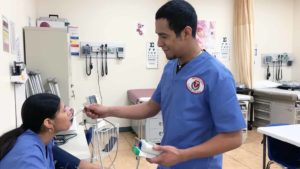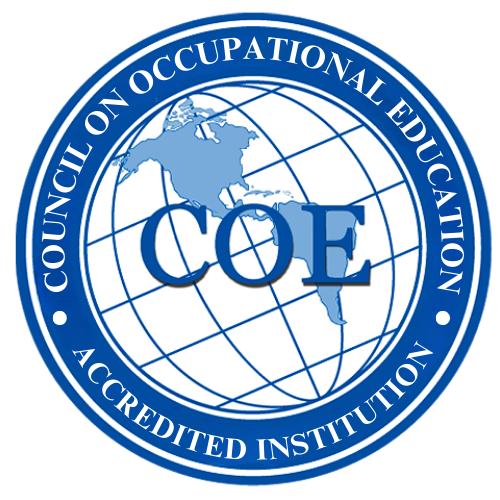Be a Medical Assistant
How Do You Train To Be a Medical Assistant
Medical Assistants normally work in hospitals, physician’s offices, healthcare facilities, and outpatient clinics doing administrative and clinical tasks. They assist with patient care and assessment but they don’t treat patients directly like doctors and nurses do. They manage parts of the healthcare system by making the job of doctors and nurses more efficiently.
What classes are like
The classes are arranged in a modular or traditional structure. The students are required to read their textbooks and complete assignments included in the material. The instructors may test the students each week from the concepts learned in class and take a final exam at the end of the course. Most medical Assistant programs require the students to wear scrubs and white tennis shoes like a medical assistant. The class usually offers:
- Anatomy, Physiology and CPR.
- Medical office administration.
- Cardiopulmonary system and electrocardiography.
- Bookkeeping and medical financial principles.
- Medical business management.
- Medical risk management.
- Laboratory procedures and clinical assistant.
- Externship.
What you’ll learn
Medical Assistant programs will teach students a wide range of administrative and clinical tasks. This includes bandaging, checking vital signs like temperature, pulse, respiration, blood pressure, and all the normal ranges. The students will also learn all forms of vaccinations and injections from subcutaneous to intramuscular, EKGs, autoclaving or sterilization of instruments, and how to prepare them.
What you do in the job field
Medical Assistants may do clinical or administrative work. For Administrative medical assistants, they usually fill out forms, code patient’s medical information, schedule appointments, and answer the phones, while Clinical medical assistants have several duties depending on where they work.
Medical Assistants typically do the following:
- Record patient history and personal information
- Measure all vital signs
- Help physicians with patient examinations
- Give patients injections or medications as directed by physicians and as permitted by state law
- Schedule patient appointments
- Prepare blood samples for laboratory tests
- Enter patient information into medical records
Being a Medical Assistant offers a variety of jobs and can help develop relationships with patients that will keep them happy and satisfied. The job can be a rewarding experience and achieve high patient satisfaction. Both administrative and clinical medical assistants contribute to patient flow, effective facility utilization and improve quality in the medical field.
Ready to start the path to your new career? It’s easy – Complete the online form for Healthcare Career College near Long Beach, CA.



